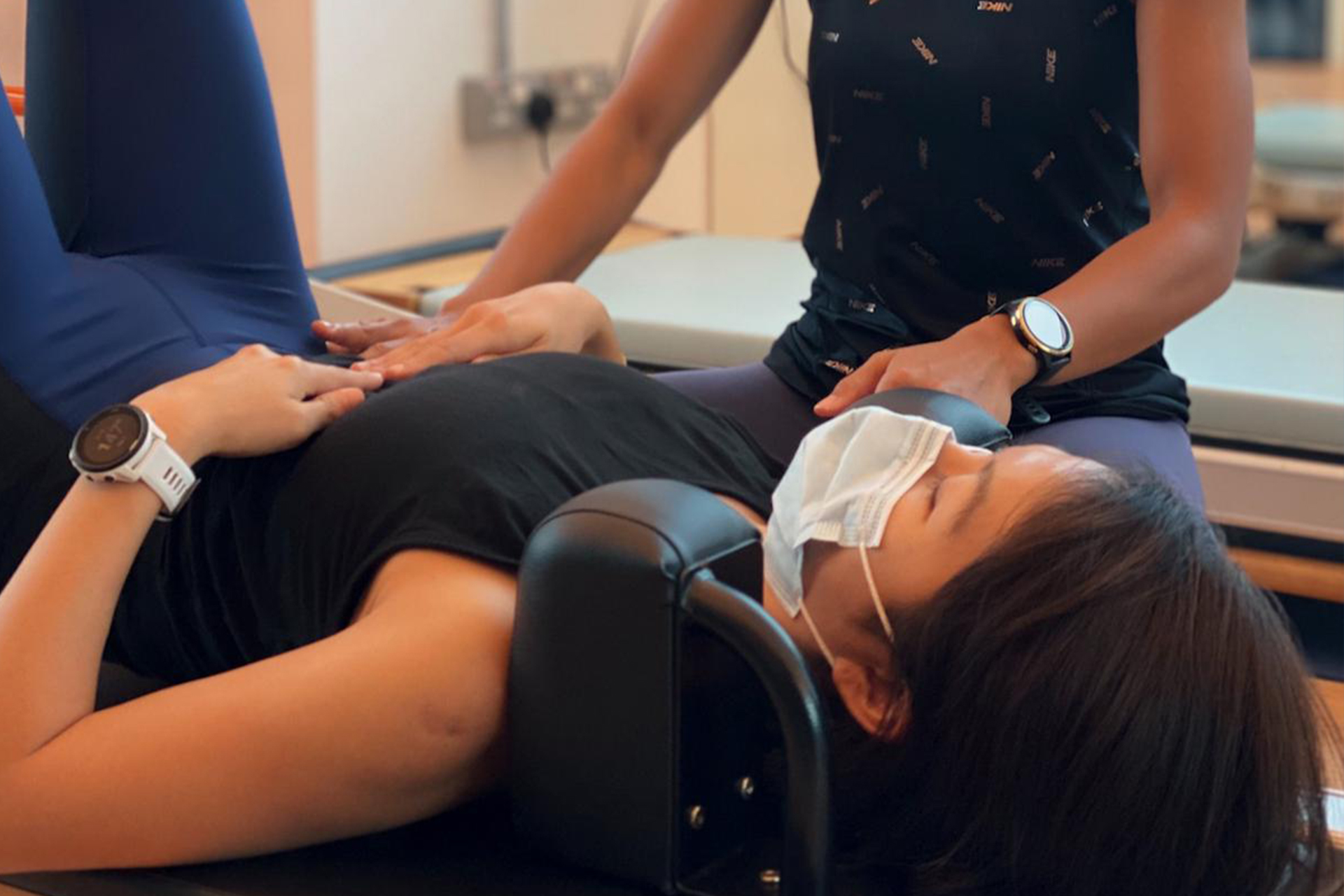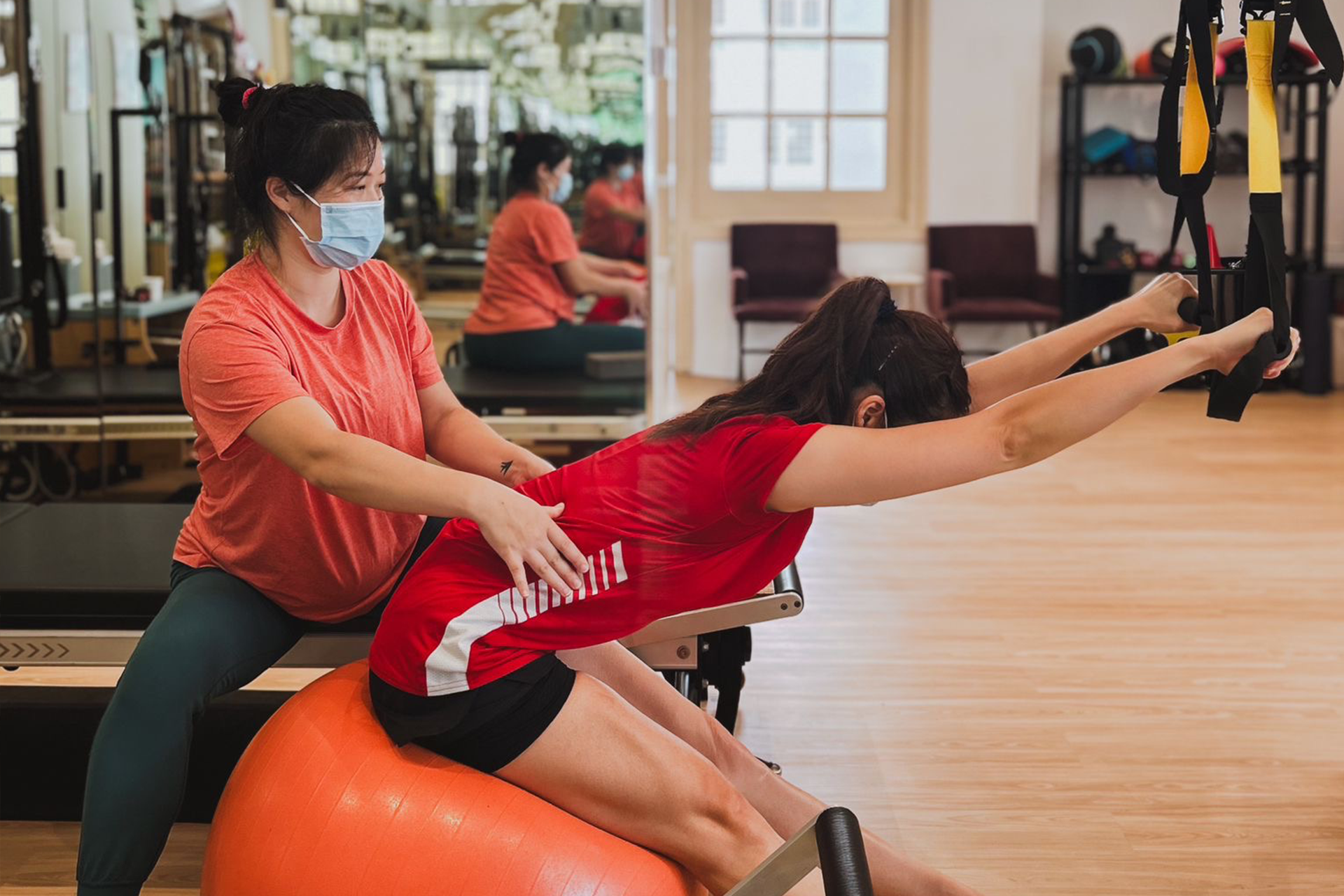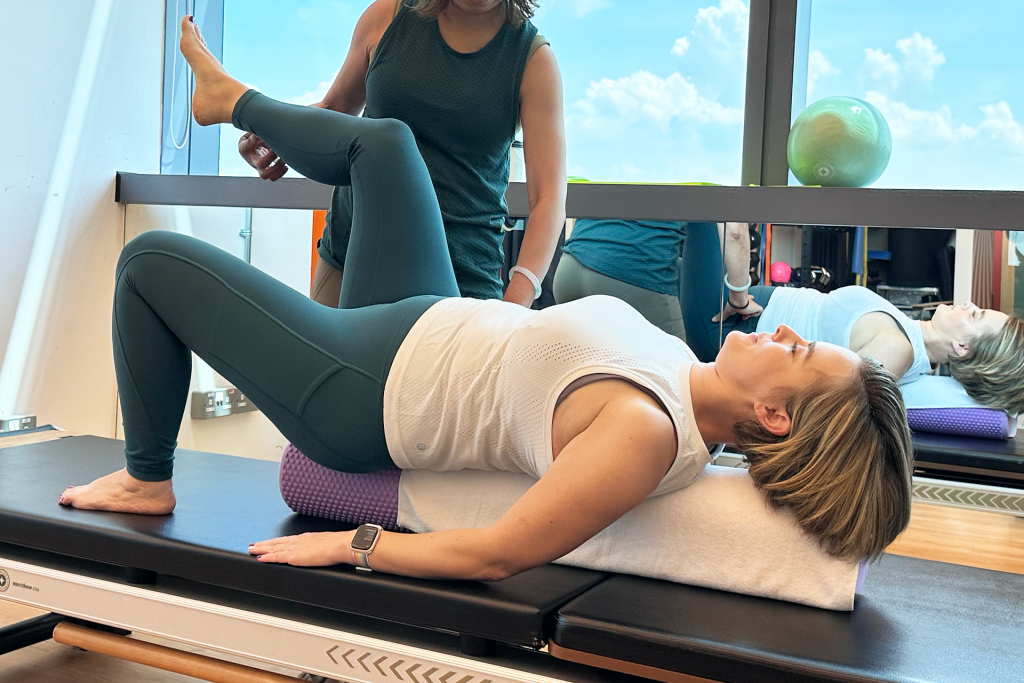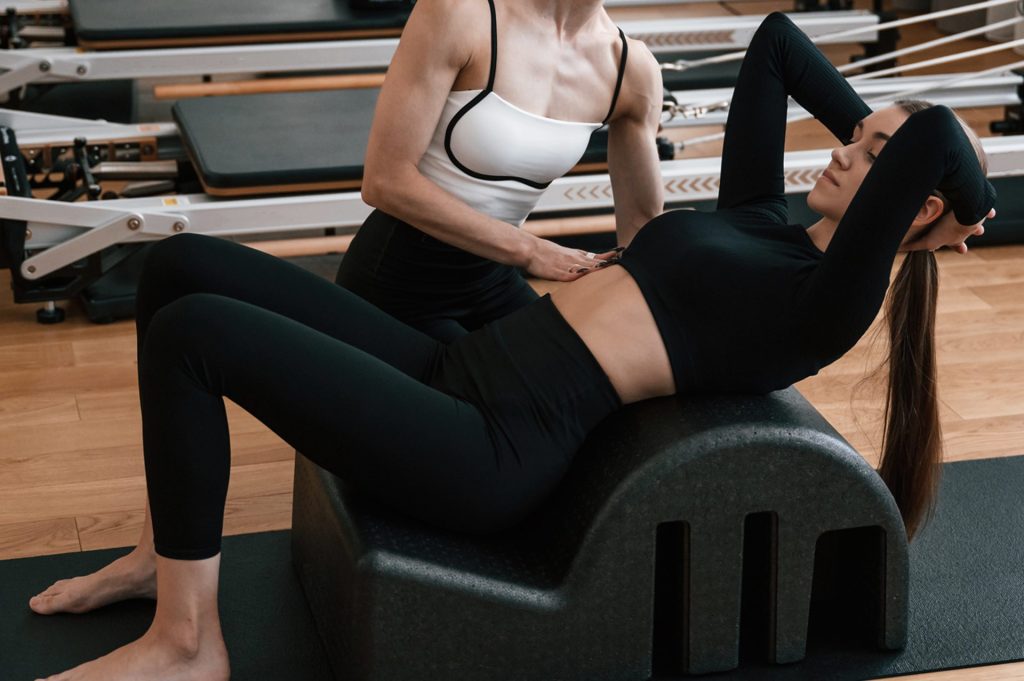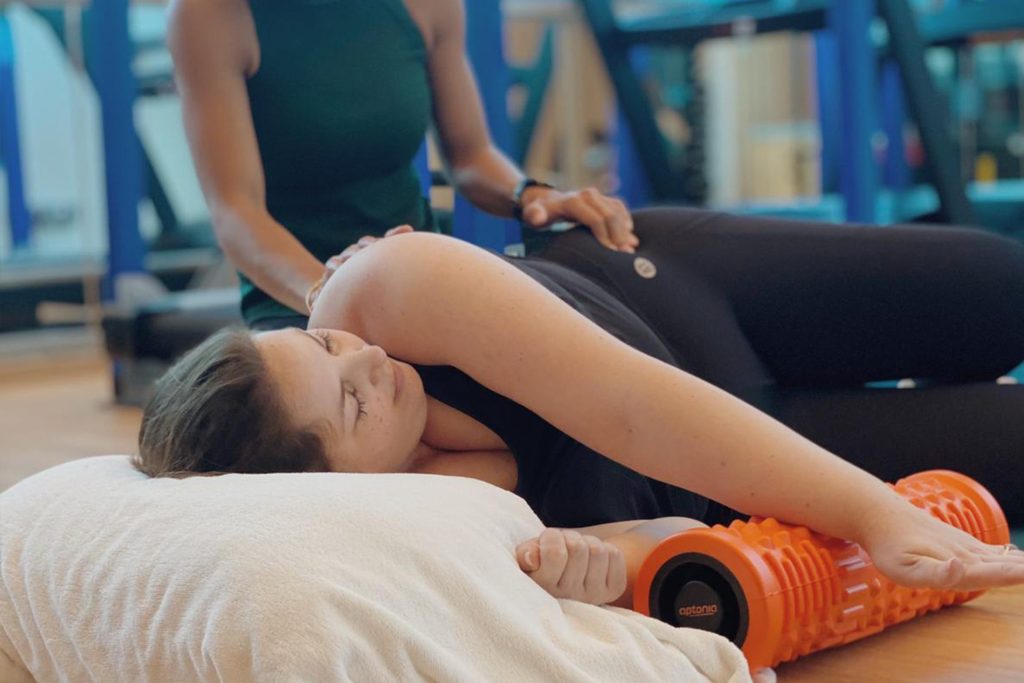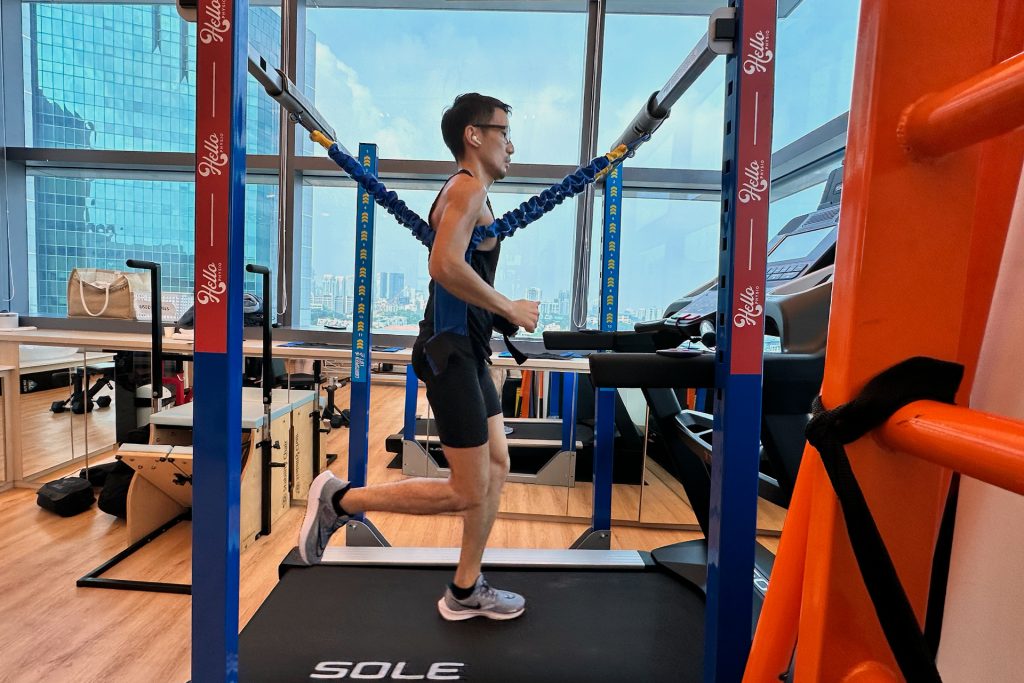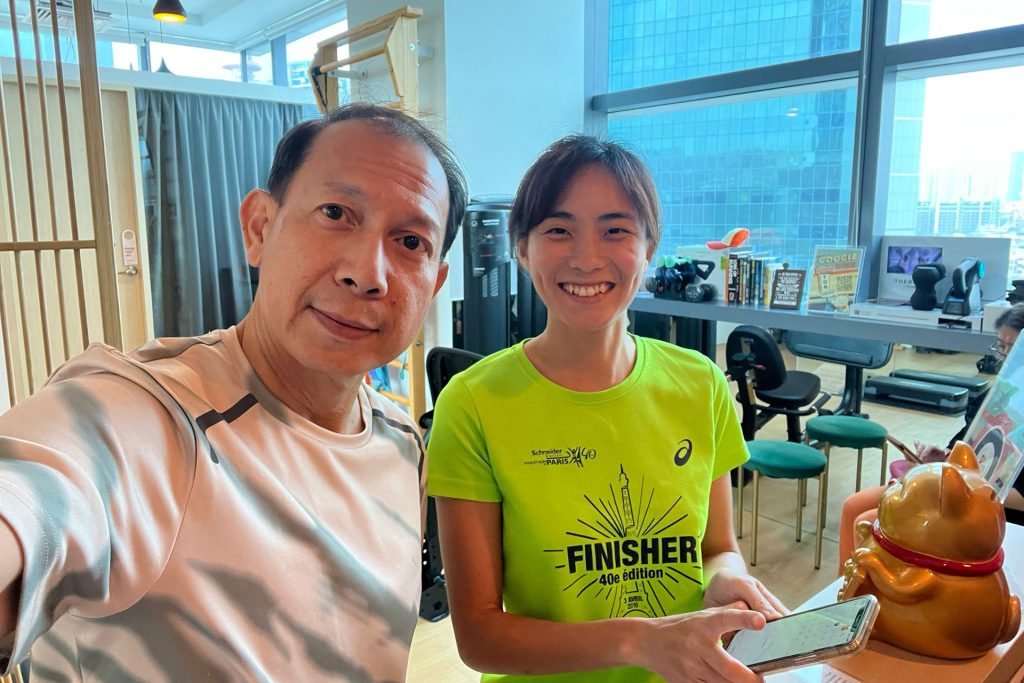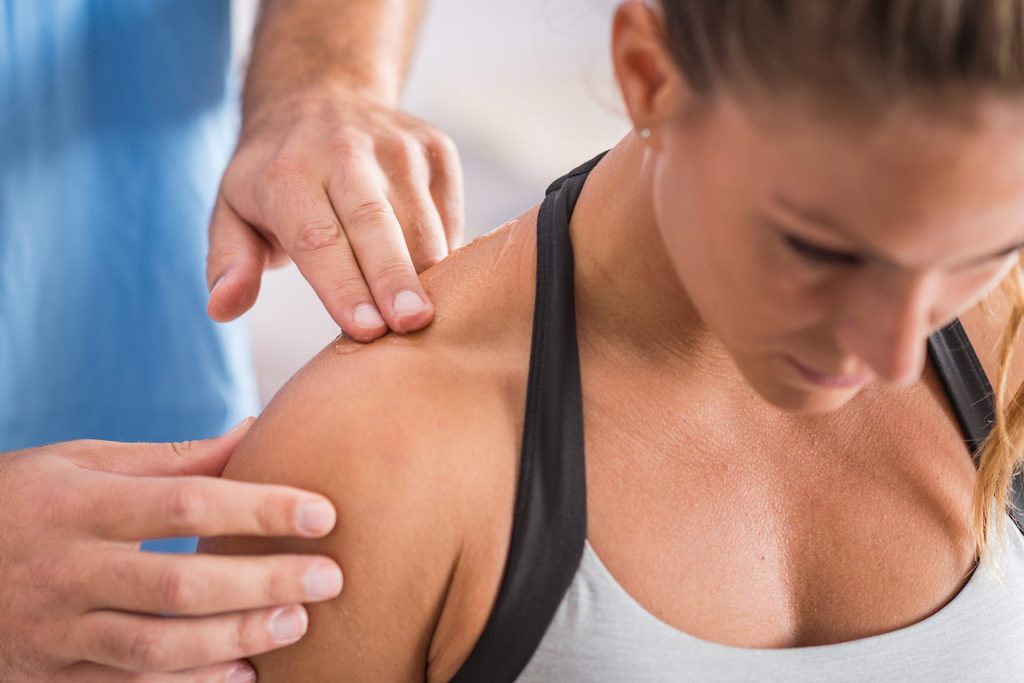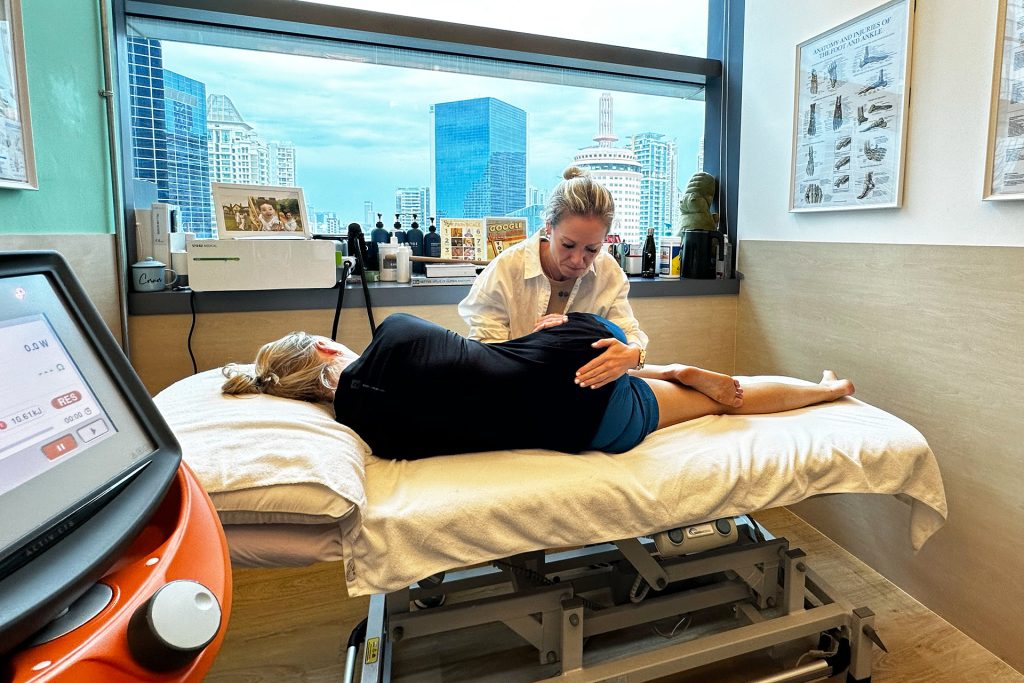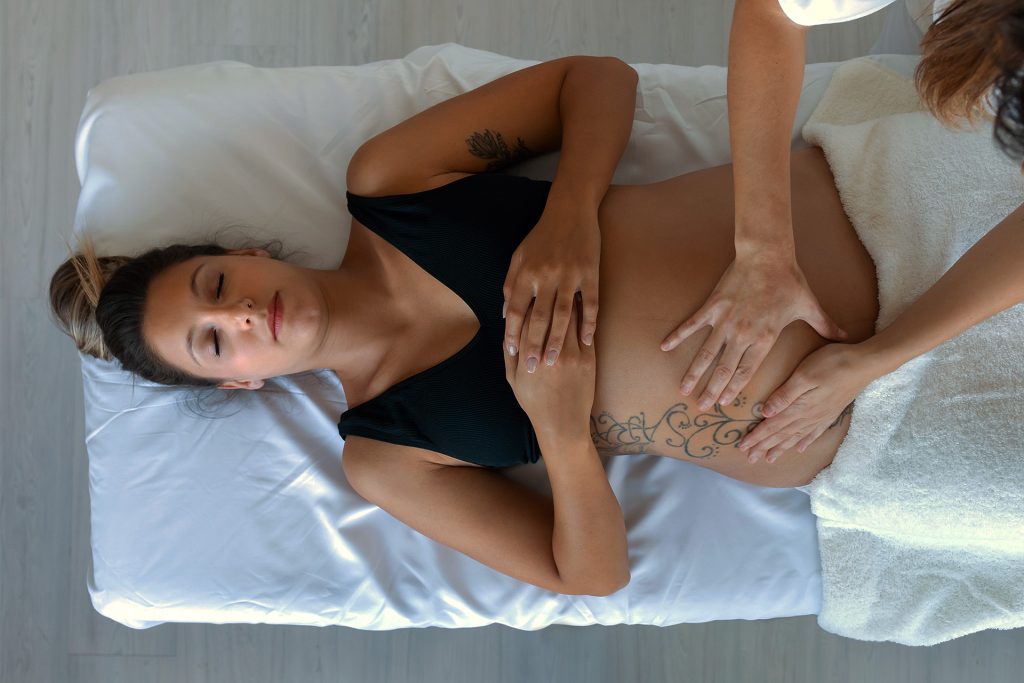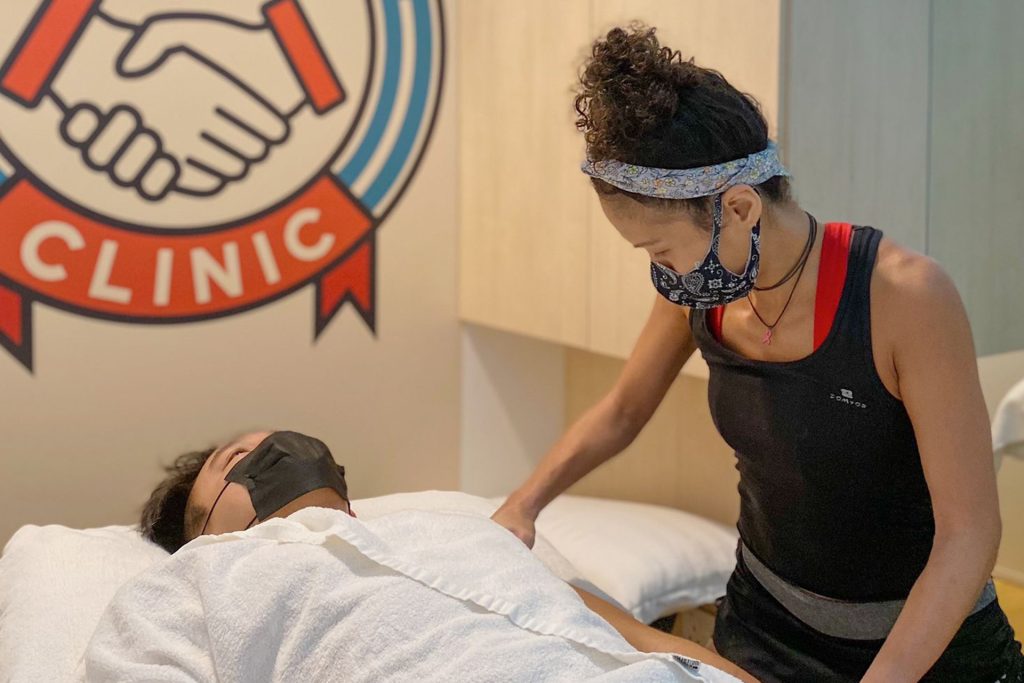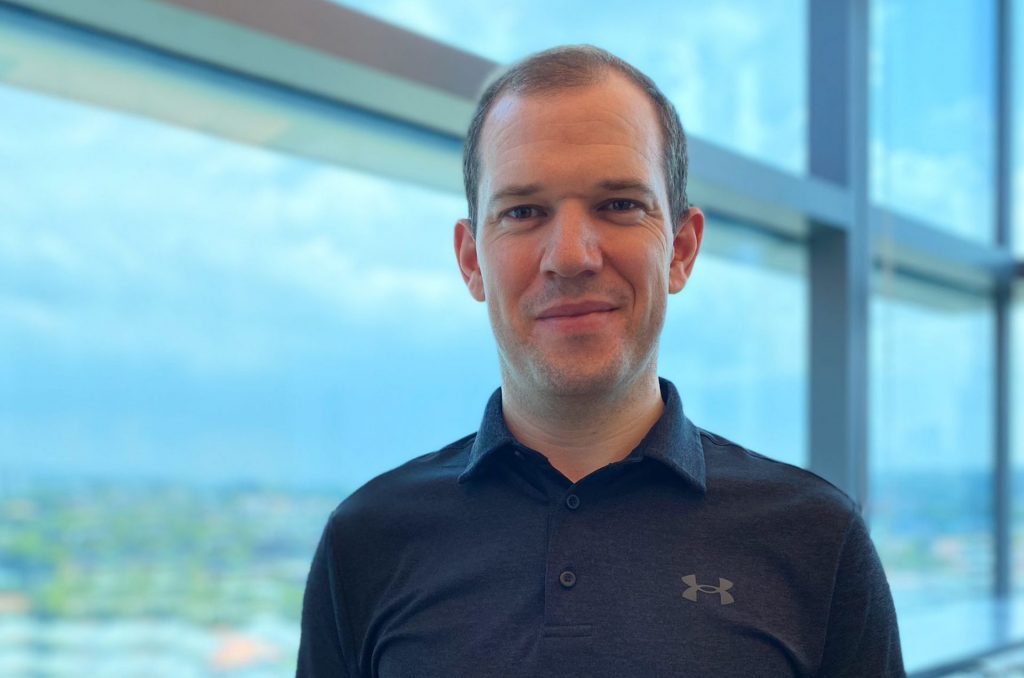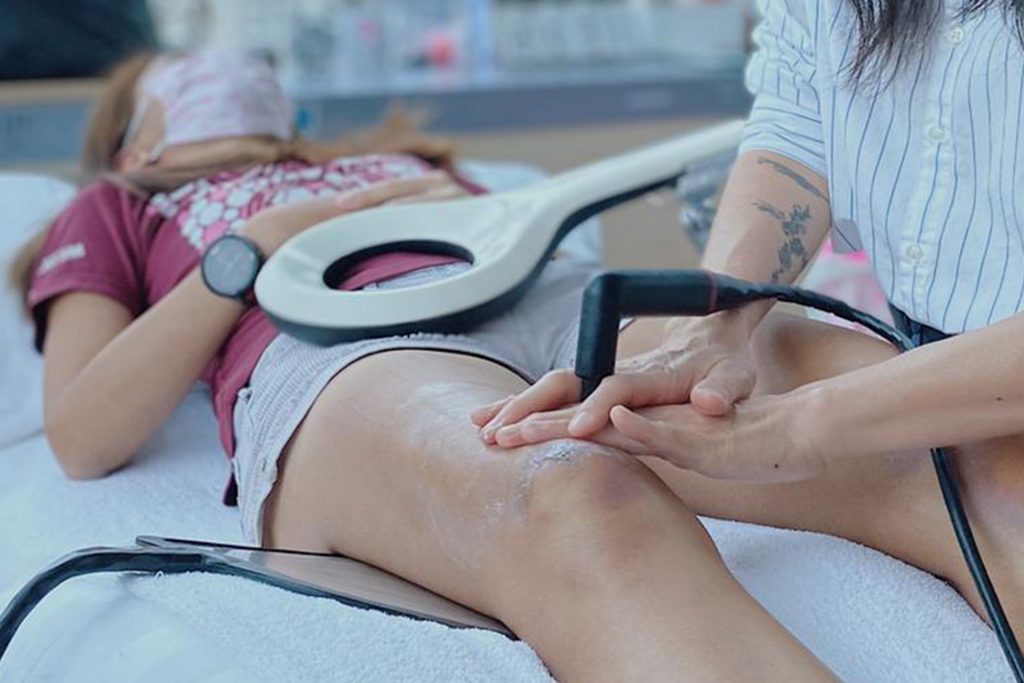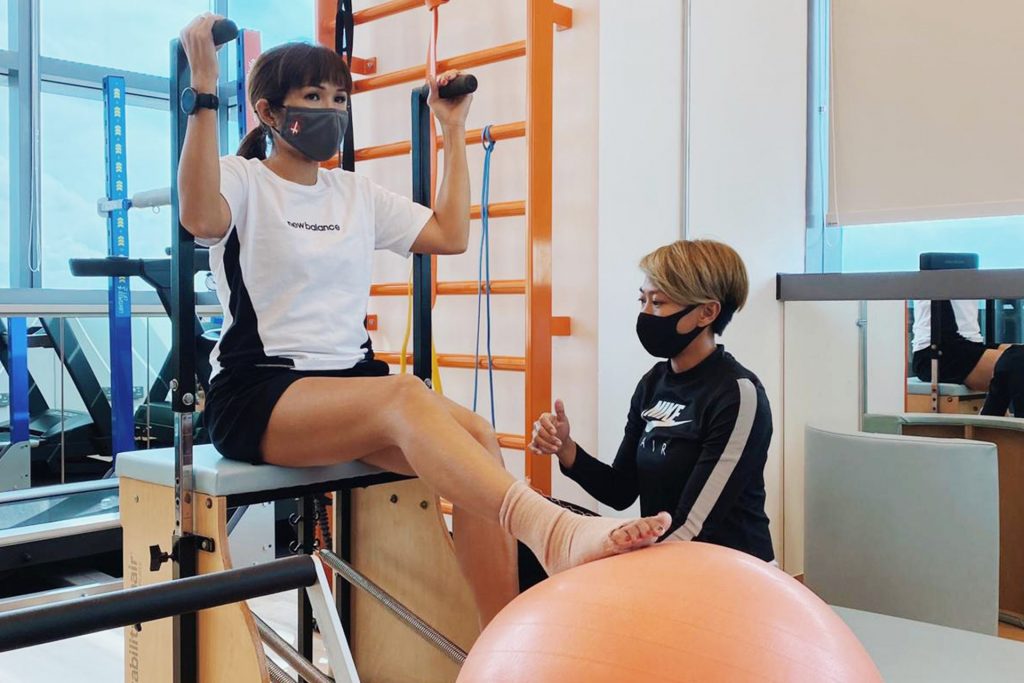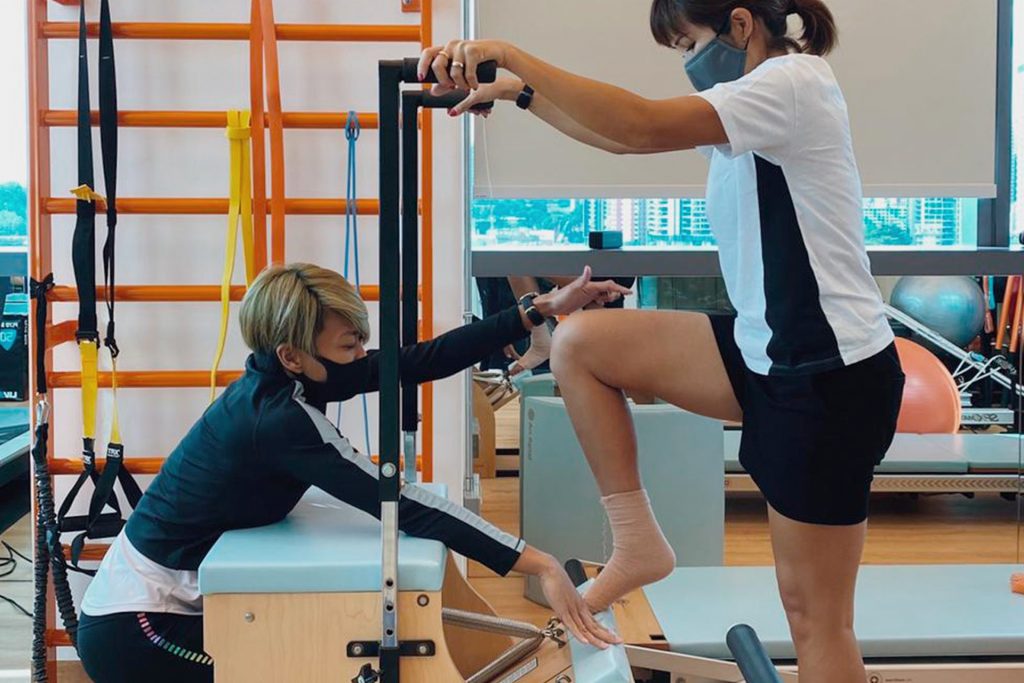|
Getting your Trinity Audio player ready...
|
Diastasis recti is a separation between the two sides of the rectus abdominis muscle. When you have diastasis recti, your core cannot function as effectively as it should. Starting exercises too early or performing the wrong movements during activities can have long-term consequences for you and cause issues later in life.
Postnatal care through physical therapy is not yet as routinely practised in Singapore despite the prevalence of pelvic floor-related issues and retraining the abdominal muscles following childbirth. Adjusting familiar Pilates exercises can significantly benefit women during pregnancy, delivering the same core stability to protect connective tissue.
HelloPhysio’s postnatal Pilates and physiotherapy focuses on deep core muscles and flexibility, and abdominal exercises can be modified for women with caesarean sections, abdominal wall separation, or pelvic joint weakness from pregnancy. Following birth, regaining abdominal and pelvic floor strength is essential to support the lower back.
How Pregnancy Affects Abdominal Muscles
Diastasis recti is the separation of both sides of your “six pack” as the baby grows in the tummy and pushes against the abdominal wall. Hormones produced during pregnancy soften the connective tissues, with separation often occurring in the third trimester of pregnancy when the abdominals are stretched at their greatest.
Childbirth can lead to pelvic floor trauma, perineal lacerations and pudendal nerve damage. Consequently, the pelvic floor can become dysfunctional, and you may experience urinary incontinence, bowel issues, frequent urination and lower back pain.
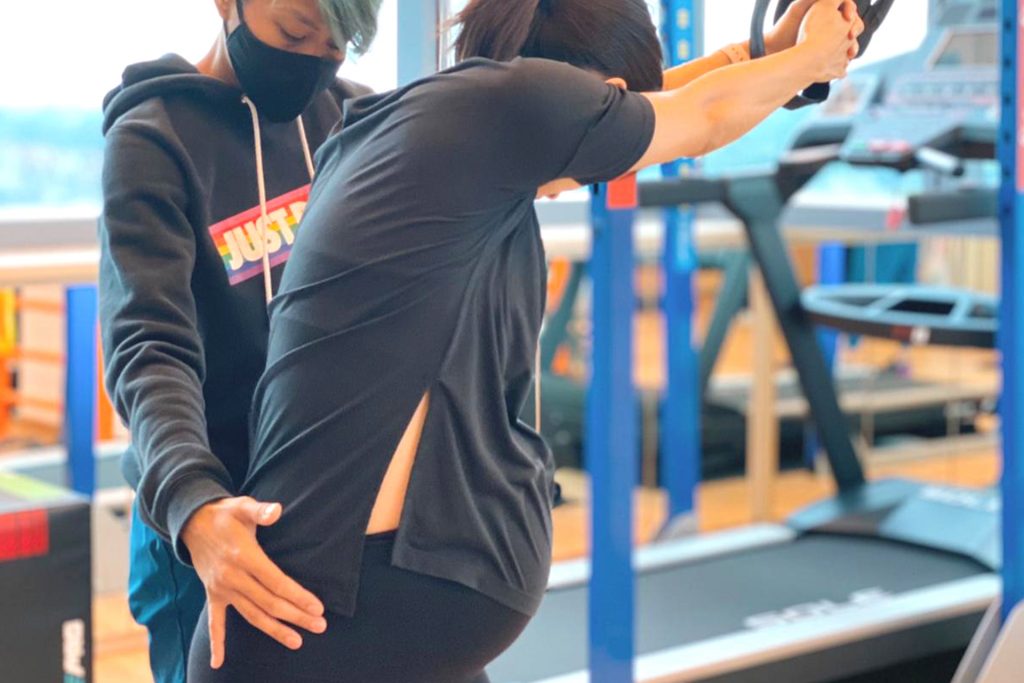
A pre-and postnatal assessment with a physiotherapist can help you identify the cause of these symptoms and to manage any pain by rebalancing your core naturally through Pilates.
Most women will have a small separation of a few centimetres after pregnancy. In about half of women, the condition heals within 6 weeks. However, if a gap in your midline and your bulge is visible, it may make it harder for you to regain your ‘tummy tone’ and return to normal physical activity.
Diastasis recti, or ‘mummy tummy’ as it’s sometimes referred to, should not be dismissed as vanity. It can also have serious health consequences, affecting core function and stability and causing back pain, incontinence and core weakness. For athletes, it can affect their biomechanical balance, leading to an increased risk of injuries.
Research indicates that many women remain abnormally widened at 8 weeks postpartum, and this distance remains unchanged at 1 year without treatment. If your abdominal muscles remain weak, you are more likely to suffer from back pain and have an increased risk of an injury like a hernia.
Returning Safely to Physical Activities with Postnatal Diastasis Recti Treatment
Returning to exercise too soon or doing exercises incorrectly can sometimes cause more harm than good. If you have abdominal separation and cannot control your stomach muscles, the abdominal pressure from physical activities and exercise can cause your tummy to bulge (so no sit-ups are allowed!) and worsen the issue.
When it comes to running or other activities, this may translate to increased back pain, hip or knee conditions, or other symptoms that impact performance. This can lead to an increased risk of a sports injury. In addition, with weakness, coordinating the pelvic floor muscles, movement and breathing are all affected.
Working with a postnatal Pilates instructor or experienced diastasis recti personal trainer can help you determine which exercises are most suitable for you. If you’re suffering from pain, manual therapy to re-establish movement patterns through physiotherapy and Pilates can be effective in helping you get back to your pre-childbirth activities like running. Furthermore, adjunctive therapies such as INDIBA can help improve tension in the linea alba to increase muscle capacity and break down residual scar tissue.
Physiotherapy Diastasis Recti
Consult one of HelloPhysio’s rehab and Pilates team in Singapore for diastasis recti physiotherapy. We want new mothers to return to doing the things they love as quickly and safely as possible following childbirth.
As Pilates focuses on movement patterns, these exercises can be instrumental in helping manage the demands of a newborn, such as ongoing lifting and bending and preventing stress. Postnatal Pilates works to help new mothers return to their daily activities without pain (stronger both physically and mentally) so that they can focus on bonding with their newborns rather than the pain they are experiencing.
Please make an appointment with our experienced postnatal Pilates diastasis recti instructors to prevent postpartum issues and accelerate a healthy recovery post-pregnancy.

